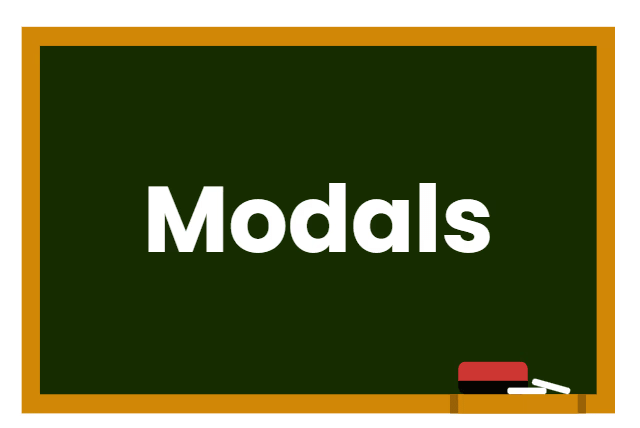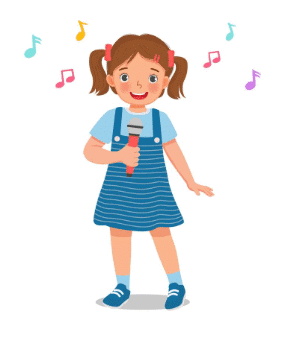Worksheet Solutions: Modals - 1 | English Grammar for Junior Classes - Class 1 PDF Download

Q1: Fill in the blanks with Appropriate Modals
(i) He _________ play the piano when he was younger.
Ans: could
could - This is used when talking about something that was possible in the past.
(ii) When ________ we meet again?
Ans: shall
shall - This is used to ask or talk about something that will happen in the future. We use "shall" for "I" and "we."
(iii) When _______ the magazine be published?
Ans: will
will - This is used to talk about things that will definitely happen in the future.
(iv) Birds _________ fly.
Ans: can
can - This is used to talk about something someone is able to do.
(v) Lisa _________ be thirty next Monday.
Ans: shall
shall - (Again) We use it to ask or talk about something happening in the future, especially with "I" or "we."
(vi) They _________ coming to the party later.
Ans: might
might - This is used when talking about something that could possibly happen, but we're not sure.
(vii) _________ I take the phone?
Ans: shall
shall - Used when asking permission or making a suggestion, especially for "I" or "we."
(viii) He _________ been hurt.
Ans: might have
might have - This is used when talking about something that could have happened in the past, but we don't know for sure.
(ix) He _________ lost his book.
Ans: may have
may have - Similar to "might have," but it's used to show something that could have happened in the past.
(x) It _________ rain tomorrow afternoon.
Ans: might
might - This shows that something could happen in the future, but it's not certain.

Q2: Choose the Odd One Out
(i) Choose the Odd One Out
(a) Can
(b) Will
(c) Mouse
(d) Could
Ans: (c)
The word "Mouse" is unrelated to modal verbs.
(ii) Choose the Odd One Out
(a) Must
(b) Should
(c) Can
(d) Wood
Ans: (d)
The other options are modal verbs.
(iii) Choose the Odd One Out
(a) Shall
(b) Mighty
(c) Must
(d) Could
Ans: (b)
The other options are common modal verbs.
(iv) Choose the Odd One Out
(a) Will
(b) Can
(c) Cannot
(d) Would
Ans: (c)
The other options are positive modal verbs.
(v) Choose the Odd One Out
(a) Should
(b) May
(c) Could
(d) Car
Ans: (d)
The word "Car" is unrelated to modal verbs.
Q3. Rewrite the sentence using correct modal
1. I suggest you apologize to your friend. (Use should)
Sol: You should apologize to your friend.
2. I want permission to go outside. (Use may)
Sol: May I go outside?
3. It was possible for her to sing beautifully. (Use could)
Sol: She could sing beautifully.

4. It is necessary to carry your ID card. (Use must)
Sol: You must carry your ID card.
5. I request you to give me some water. (Use could)
Sol: Could you give me some water?
|
18 videos|189 docs|31 tests
|
FAQs on Worksheet Solutions: Modals - 1 - English Grammar for Junior Classes - Class 1
| 1. What are modals in English grammar? |  |
| 2. How do I use modals to express ability? |  |
| 3. What is the difference between "must" and "have to"? |  |
| 4. Can modals be used in questions? |  |
| 5. How do modals express possibility? |  |
















